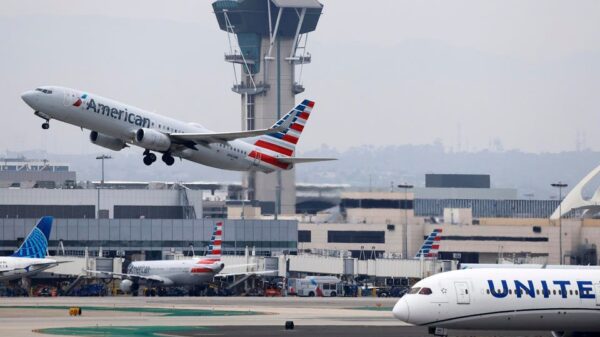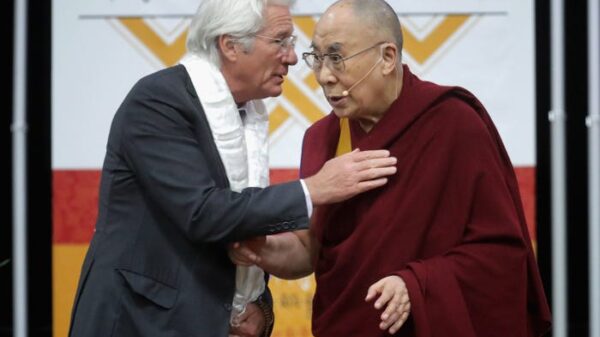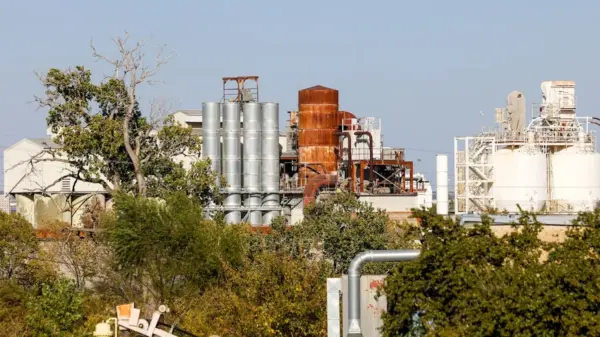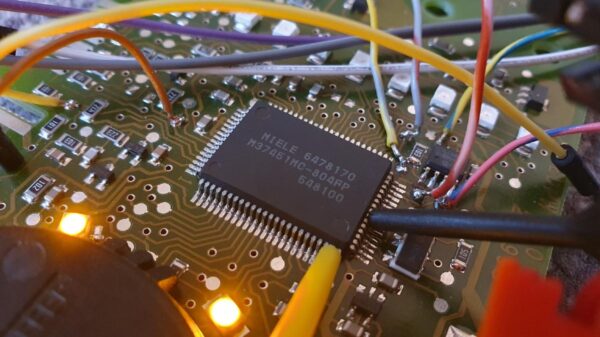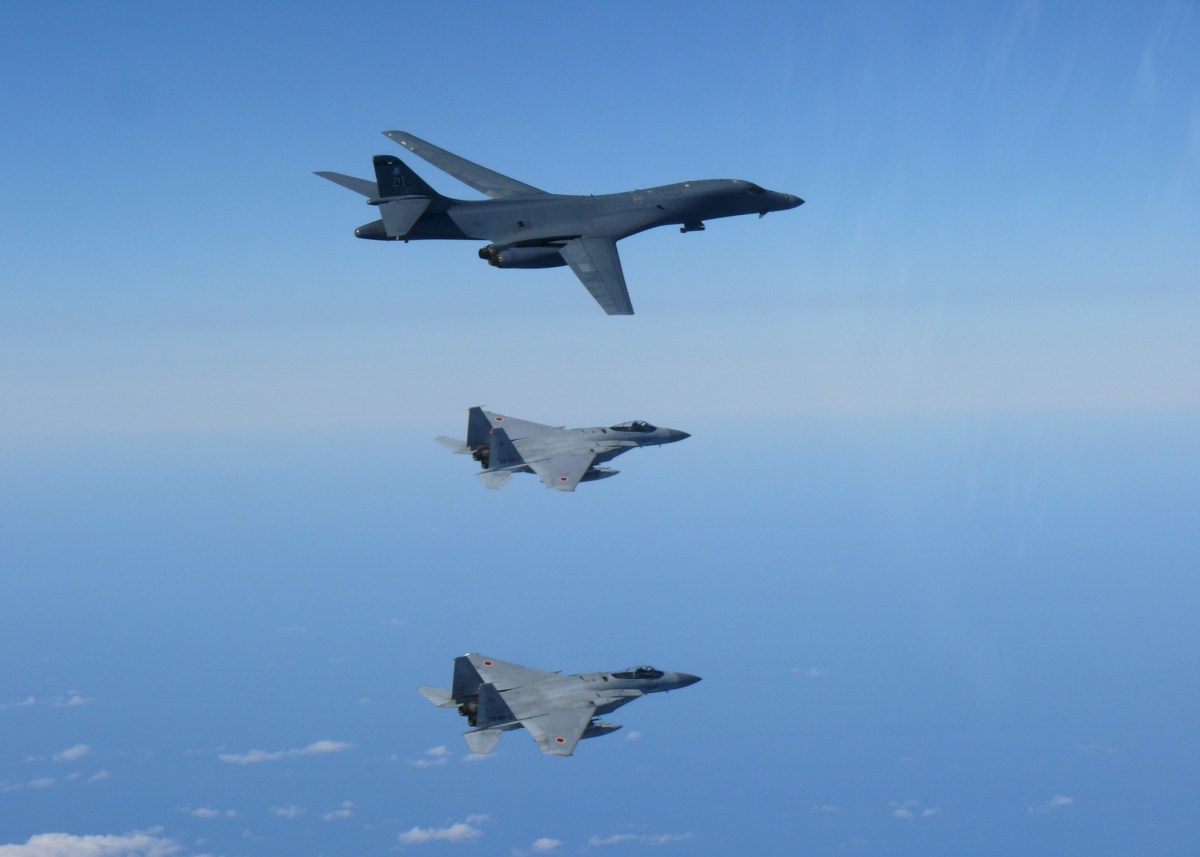UPDATE: A U.S. Air Force B-1B bomber has just participated in joint military exercises with Japanese fighter jets over the Pacific, as tensions escalate between China and Japan regarding Taiwan. This significant drill, confirmed by Tokyo’s Joint Staff of the Defense Ministry, took place on Saturday, underscoring the urgent need for heightened defense measures in the region.
WHY THIS MATTERS: Japan is facing direct threats from China, which has warned Tokyo against intervening in any potential military actions concerning Taiwan. As China continues to assert its claims over the self-ruled island, Japanese Prime Minister Sanae Takaichi has stated that any aggression could pose an existential crisis for Japan, potentially justifying military action by its Self-Defense Forces. Such statements have drawn sharp rebukes from China, raising the stakes for regional security.
In a recently deleted social media post, a Chinese consul general in Osaka appeared to threaten Takaichi, further escalating diplomatic tensions. The Chinese Foreign Ministry has issued warnings that Japan would face a “severe blow” for its perceived aggression against China’s national reunification efforts.
DETAILS OF THE EXERCISE: The tactical exercise involved a total of four Japanese fighter jets—two F-15s and two F-2s—flying alongside the B-1B bomber, which can carry up to 75,000 pounds of bombs and missiles. This bomber is pivotal for rapidly delivering substantial firepower against any adversary, anywhere, anytime, according to U.S. Air Force sources.
At least four B-1B bombers have been stationed at Misawa Air Base in northern Japan since last month, aimed at bolstering training efforts and strategic deterrence missions. The U.S. Pacific Air Forces emphasized that this exercise reinforces the strong alliance between Japan and the United States, sending a clear message against unilateral changes to the status quo by force.
WHAT PEOPLE ARE SAYING: The U.S. Pacific Air Forces stated, “The continued collaboration between Japan and the U.S. tangibly demonstrates strength and an unwavering commitment to the defense of our vital interests.” Meanwhile, Japan’s Joint Staff noted that this bilateral exercise further strengthens the deterrence and response capabilities of the Japan-U.S. Alliance amid an “increasingly severe security environment.”
LOOKING AHEAD: The United States is expected to maintain its military operations with Japan, part of a broader strategy to deter China’s military ambitions. This ongoing collaboration signals a strong commitment to the security of U.S. allies in the region amid rising tensions.
As the situation develops, the international community will be watching closely for any further escalations between China and its neighbors. The dynamics of U.S.-Japan military cooperation are critical in shaping the future of security in the Indo-Pacific region.




